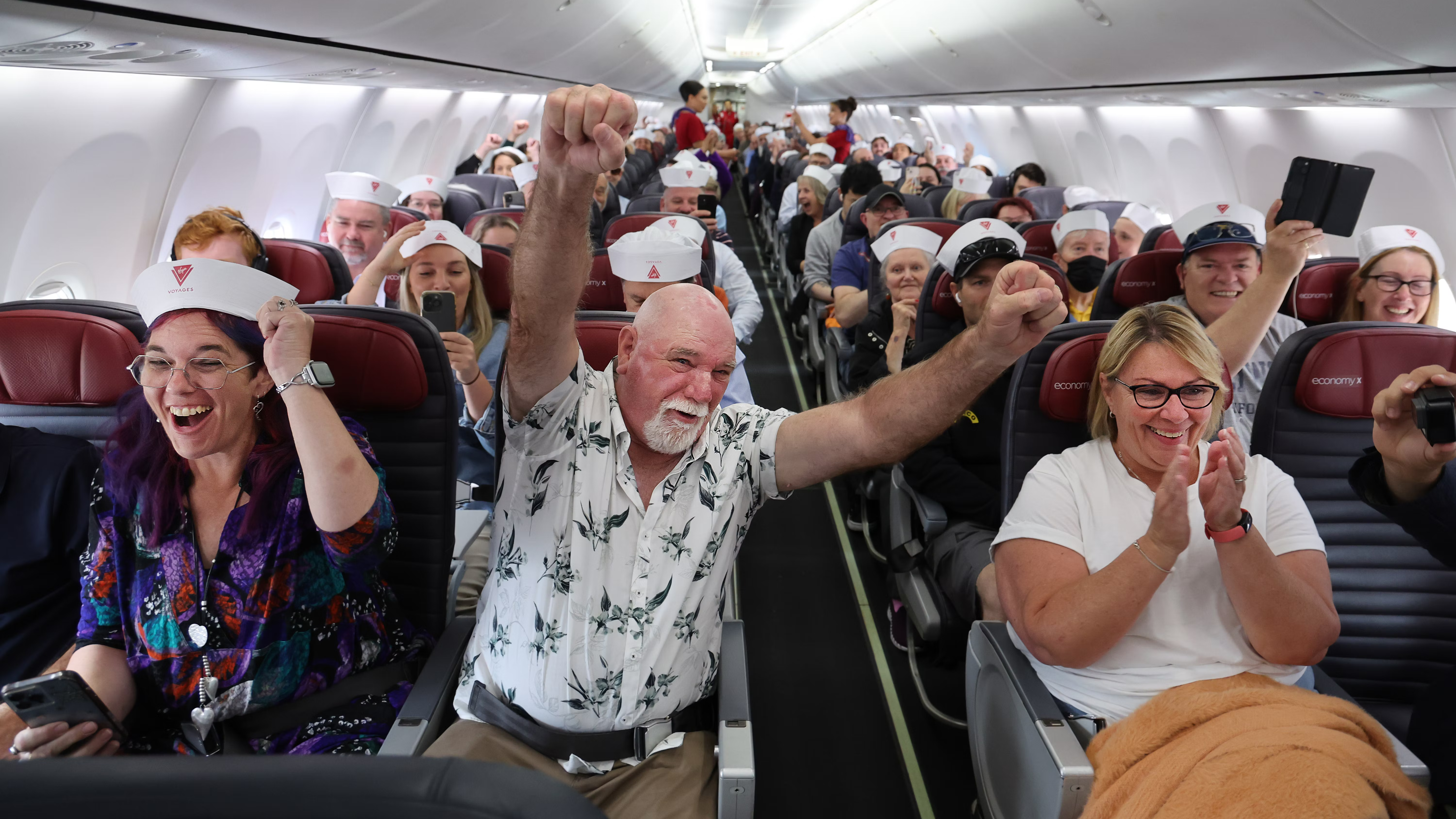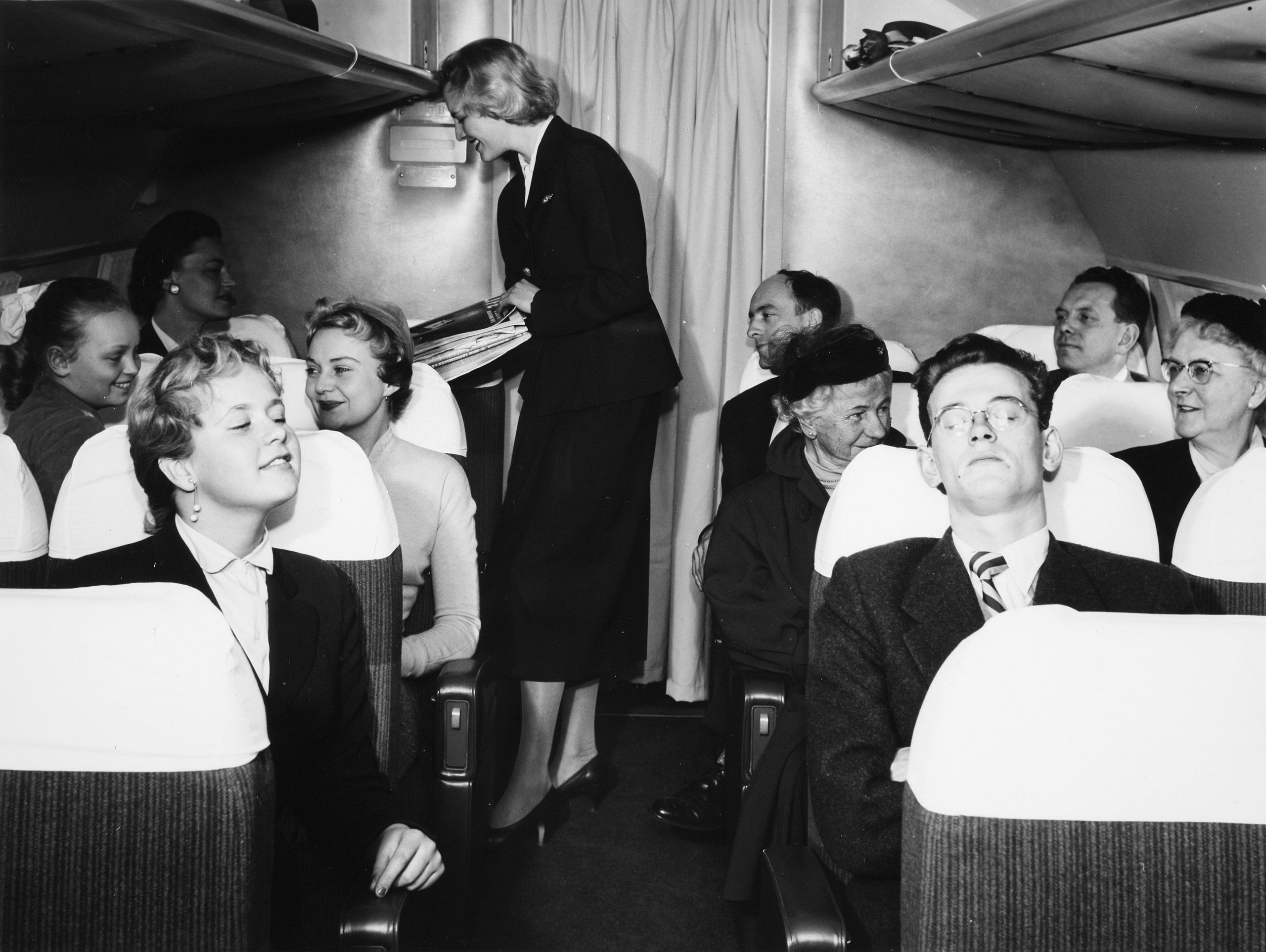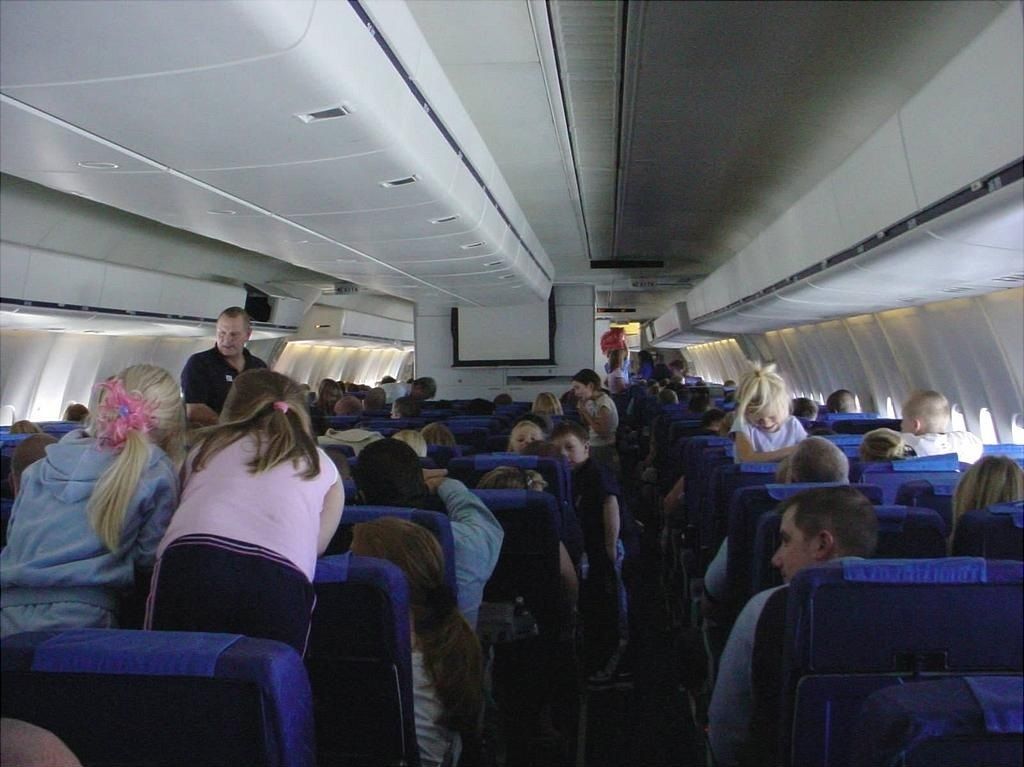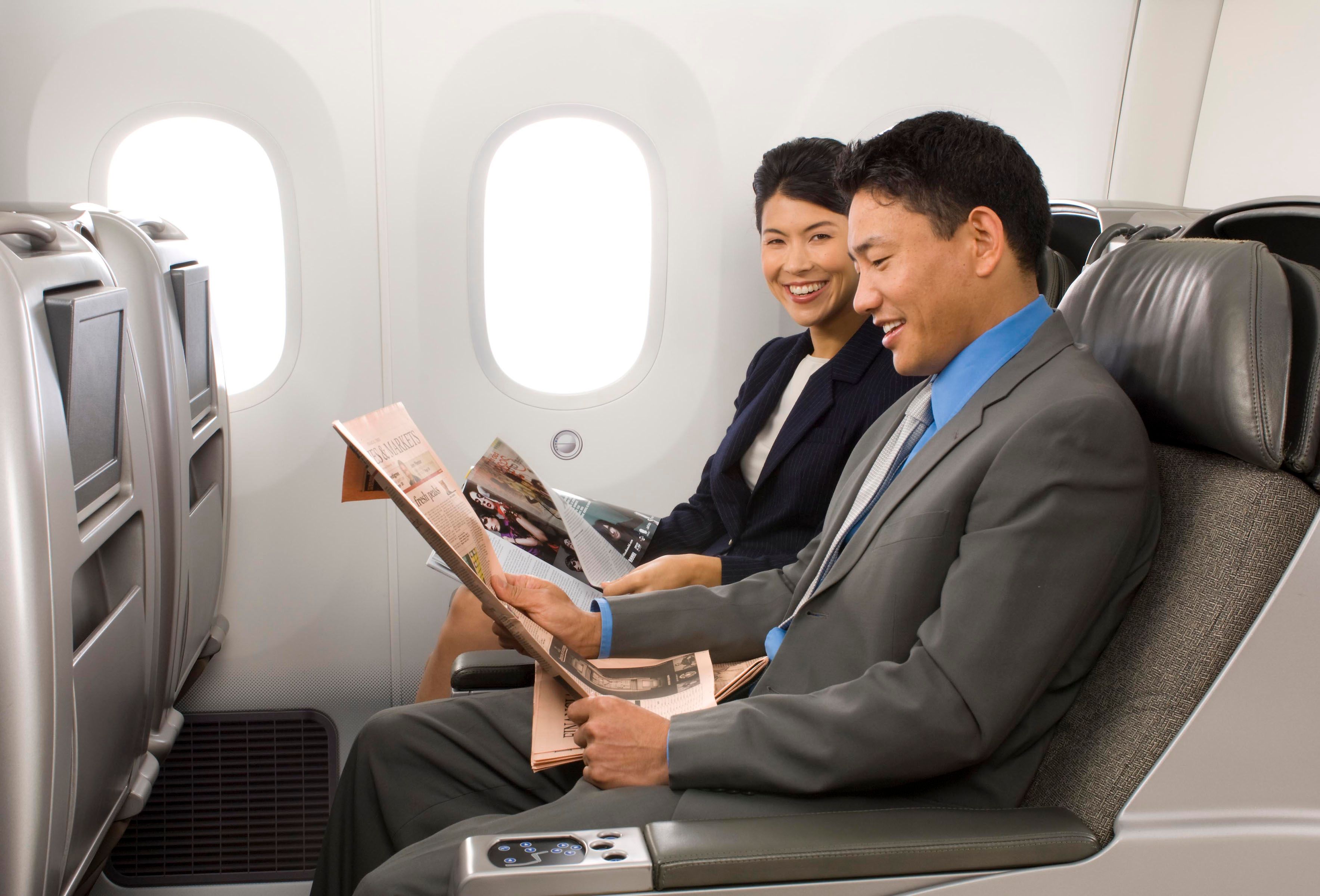Summary
- Clapping on landings has unclear origins, possibly arising from travelers' relief or past risk.
- Clapping is more prevalent in certain regions, with reasons varying from return home joy to gratitude.
- Anti-clapping opinions exist too, with some passengers opposing public displays of relief or thanks.
Have you ever applauded an aircraft landing? Or see passengers around you clapping as soon as the aircraft touches down? It is a fairly common occurrence, particularly on flights that face delays on the way and finally lands at the destination. Some regions celebrate landings (or at least smoother landings) more than others.
Passengers differ in opinions about whether it is a good thing to do. However, the causal gesture is given by passengers for a variety of reasons. This article delves deeper into the history of applause on landings and why it is still prevalent today in some parts of the world.
The history of clapping on landing
There seems to be no clear reason as to when, where or why clapping when the aircraft lands came about. Online discussion suggests several possibilities - to celebrate the return home after a long journey, to congratulate the pilots and crew, or even as a celebration from fearful fliers that it's all over.
Perhaps the theory that makes most sense is that clapping started when flying was less common (and riskier) and landings were a new and slightly scary experience.
But this is not really supported by evidence - as several people have researched. Even on the first flight of Wilbur and Orville Wright in 1908, spectators and reporters were impassive, and there was no clapping. In his biography of the Wright brothers, David McCullough writes:
"Here on this lonely beach was being performed the greatest act of the ages, but there were no spectators and no applause save the booming of the surf and the startled cries of the sea birds."
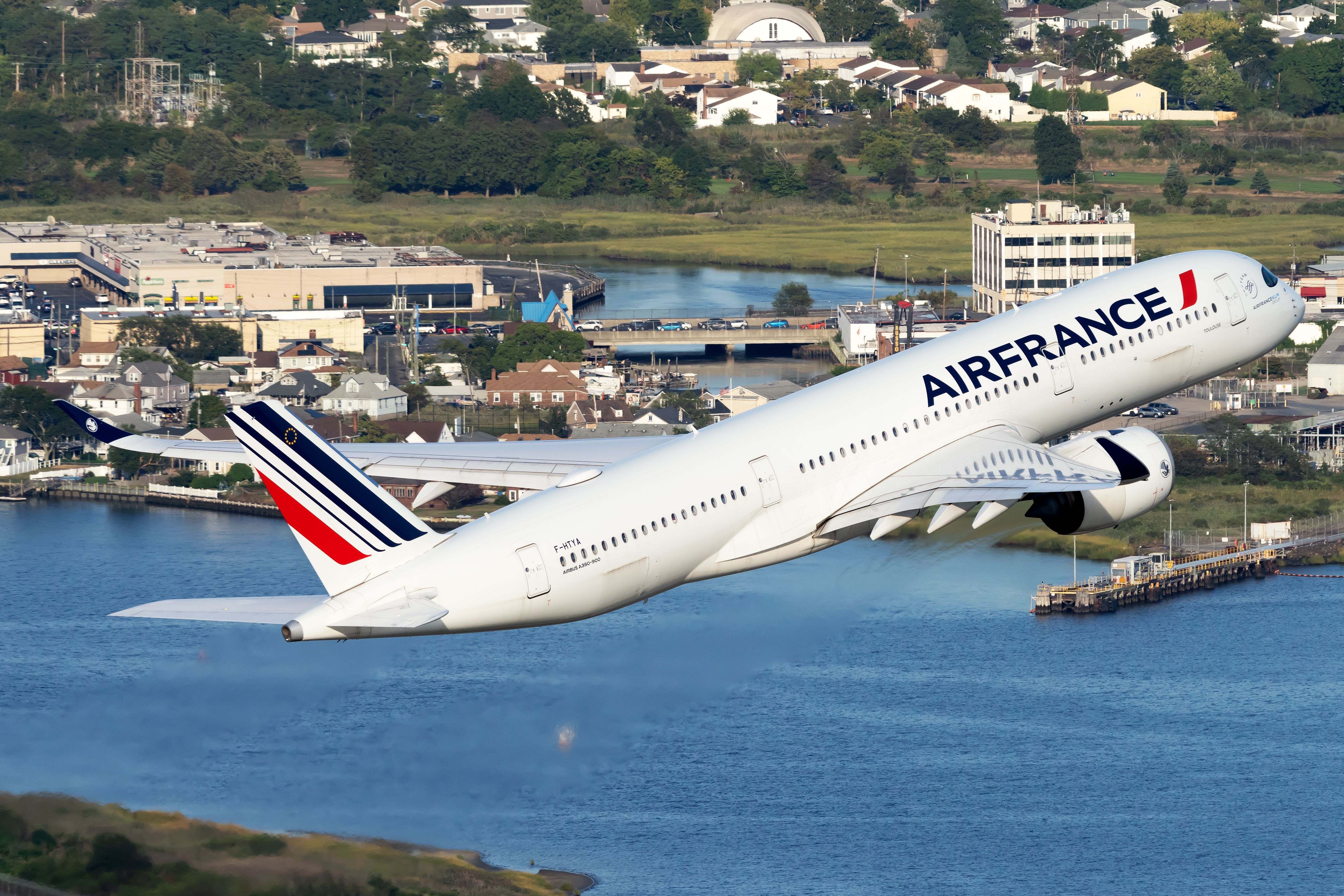
Why Do Window Blinds Need To Be Open During Takeoff & Landing?
An open window allows for more than scenic views.Research by the website Mic.com found that the first recorded example of clapping on landing was only in 1948, when the Cincinnati Enquirer reported how all the passengers clapped after the successful landing of an American Airlines plane at Cincinnati after circling with a malfunctioning landing gear. Of course, there are likely other early cases of clapping, but it certainly doesn't seem an early tradition.
Clapping in certain countries?
Whatever its origins, it seems clapping is not a long historical tradition. Yet, there are frequent cases of passengers clapping on landing today. The first thought could be that this is limited to certain countries or groups of people. A read through online discussion forums backs this up, with many people referring to specific nationalities. There are some trends - it's much less likely in Scandinavia than in Southern Europe, for example - but it remains varied.
Comments and experience indicate more likelihood from nationalities including (but not limited to) German, Romanian, Russian, Italian, Portuguese, Jamaican, Polish, and Israeli - particularly when flying into home airports. Slate.com summed this up well in its analysis, expressing the opinion that no nationality would claim to follow the custom:
"Everyone who believes in landing claps—and finds them quaint, silly, or suspicious—seems inclined to pin the custom on the passengers of another, less sophisticated culture. We don’t cheer at airplane landings. They do."
Stay informed: Sign up for our daily and weekly aviation news digests.
Clapping for a specific reason
Aside from national tendencies, applause is often heard on certain occasions. Landing after a diversion, emergency or other difficulties could warrant an applause - likely with more passengers joining in. Even in the worst situations, it is still possible. Slate.com notes the following for the crash of Southwest Airlines Flight 812 in April 2011:
"A hole tore though the cabin roof, flight attendants passed out from lack of oxygen, and the cockpit crew lost access to its main controls. People clapped when that plane touched down and then began to hug one another."
The video below shows Southwest Airlines passengers clapping after a difficult landing on a gloomy day at LAX:
No way should you applaud a landing
Of course, not everyone will clap or appreciate others clapping. It appears clapping after landing has been a divisive issue for a long time and still remains so today. As flying becomes more and more common for people, it seems likely more people will oppose it.
Consider flight attendant David Puzzo, who listed clapping as one of the 12 things people should never do on an aircraft (as reported in the Huffington Post).
Other comments from anti-clappers that sum up opinions (reported in Conde Nest Traveler in 2016) include:
"It’s not a performance, and I don’t clap when a taxi driver drops me off at my apartment, or give a standing ovation to the ferry driver who deposits me safely on land, so this falls into the same category for me."
"Why are we clapping? Because we're alive? Is it surprising that we're alive? Is it because we arrived at our sunny destination in the Caribbean? Did we think we wouldn't? If the pilot navigates a bumpy landing with skill and style, I'll clap. But I don't give participation trophies."
Airlines seem less opposed to it, however. Ryanair, for example, used to play a recorded congratulatory fanfare that often led to applause after landing. As another example, JetBlue advertised new routes to Puerto Rico with images of passengers clapping.
And as a final thought, consider the comments on its acceptability from New York-based etiquette expert Thomas Farley. He summarizes:
"For infrequent air travelers or nervous fliers, a round of spontaneous applause upon landing is perhaps the most natural form of expressing relief, gratitude and excitement about reaching a destination. As long as the clapping is brief and doesn’t morph into the whole plane doing the wave, I don’t see an etiquette issue here."
The debate will no doubt continue. While some hate the idea of clapping, others will continue to express thanks, relief or just celebrate after landing. Feel free to contribute which way you think in the comments. Do you clap - and if so, why?

